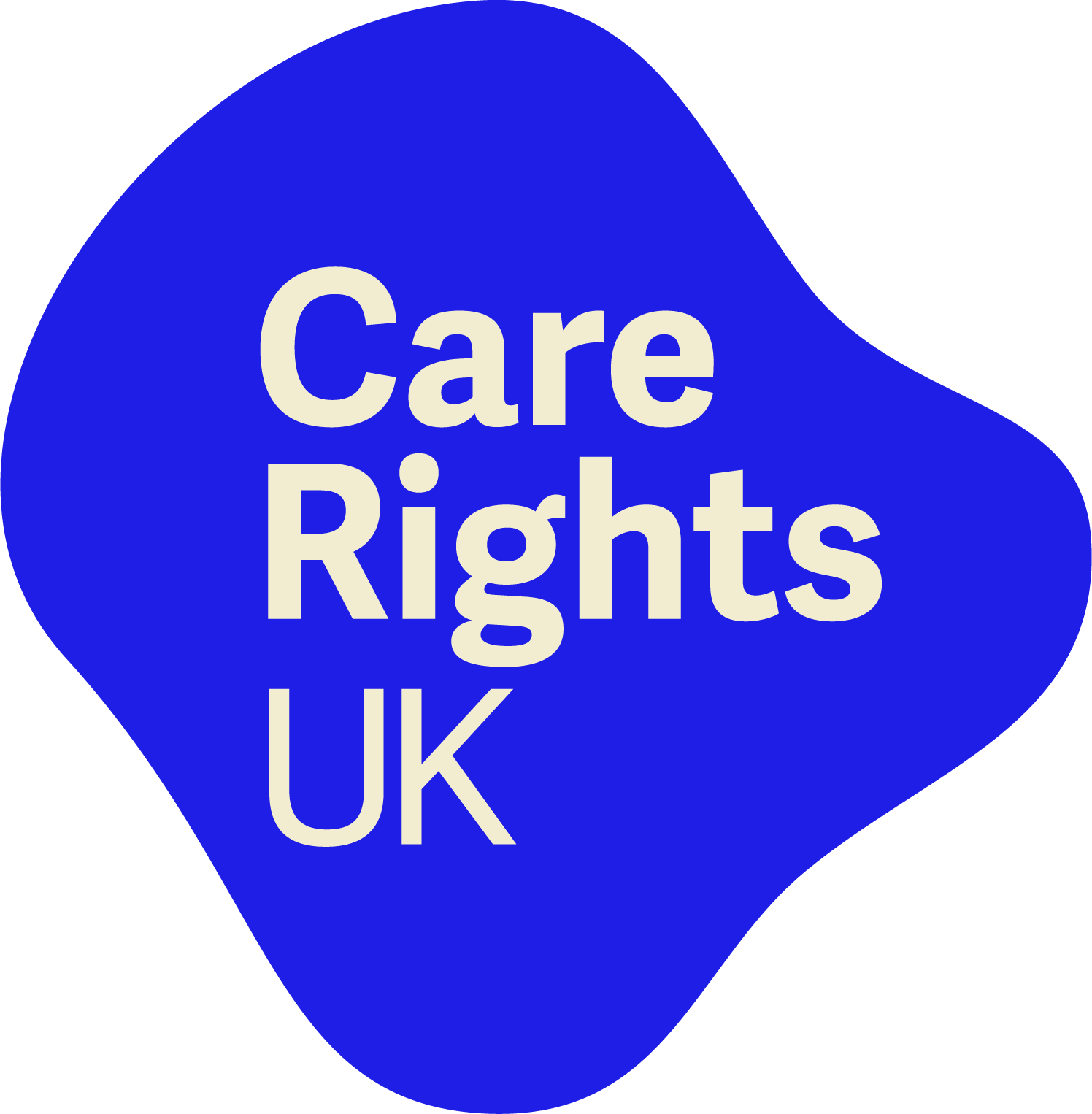We responded to the review of CQC Regulation 9A: Visiting and Accompanying
11/07/2025
This week, we submitted our written response to the Department of Health and Social Care’s review of the Care Quality Commission’s Regulation 9A: Visiting and Accompanying. We also participated in a focus group on this issue, to represent the experiences of the people using our adviceline.
This regulation has been in place for over a year now, and came about through the lobbying of us and others coming through the pandemic, seeing how easily the support of loved ones was disregarded. This regulation should always have been a fundamental standard, but in our experience, it does not go far enough to truly protect people in care’s autonomy, as it is not an individual right.
Our response focussed on addressing gaps left by Regulation 9A, issues with the complaints process, and the ultimate need for a cultural change to address the power imbalance for people in care.
One shortcoming of 9A that we have witnessed is where individual restrictions are applied following a loved one raising concerns about the person’s care. 9A risks enabling providers to exploit the vague exceptions available to restrict access. When assertive advocates are labelled “intimidating” without justification or evidence, and with little accountability for incident reporting, it becomes difficult to challenge unjust restrictions. Unfortunately we have supported people in this position who have tried to use 9A to get their restrictions lifted, with no avail.
We are increasingly concerned about 9A’s inability to uphold autonomy for the person receiving care. We often hear cases where the care provider decides they know what is best for the resident, such as to manage distress which can be caused by conditions like dementia - people who experience this need the consistency of having their family carers present, and not for assumptions to be made about what is in their best interest.
Similarly, we support people who are subjected to restrictions imposed by another person involved in the person’s care, and the care provider will tend to prioritise their wishes if they have legal power of attorney, even if imposing visiting restrictions is against the wishes of the person receiving care.
We are also concerned about the lack of impartial reporting route for breaches of Regulation 9A. When the power already sits with the care provider, complaining to them directly is a huge ask of someone who is already in a vulnerable position, and if they are willing to do it, their only option is to escalate to the Ombudsman, which is a lengthy process that they often are cut out off. As the CQC does not investigate individual complaints, and an inspection is unlikely to be triggered unless this is a clear pattern with the same provider, the regulator also does not offer resolution for someone trying to challenge restrictions.
We want to see:
Regulation 9A apply to all health or care settings, including homecare and supported living
Clear terms on supporting someone to have a valued partner in care, so that the person in care can rely on their chosen representative in care planning and decisions
Individual choice respected over what kind of support people receiving care want from loved ones, including personal care
Clear requirements for providers to evidence the need for restrictions, with enforceable penalties for disregarding guidelines about proportional risk
A safe, impartial reporting route for people to report breaches of 9A
Direct reference in the guidance to support from representatives, or advocacy
Ultimately, a legal right that sits with the person receiving care that they can enforce, rather than a duty contained in secondary legislation that is monitored by the regulator.
You can find out more about our calls for a legal right to a Care Supporter here.
